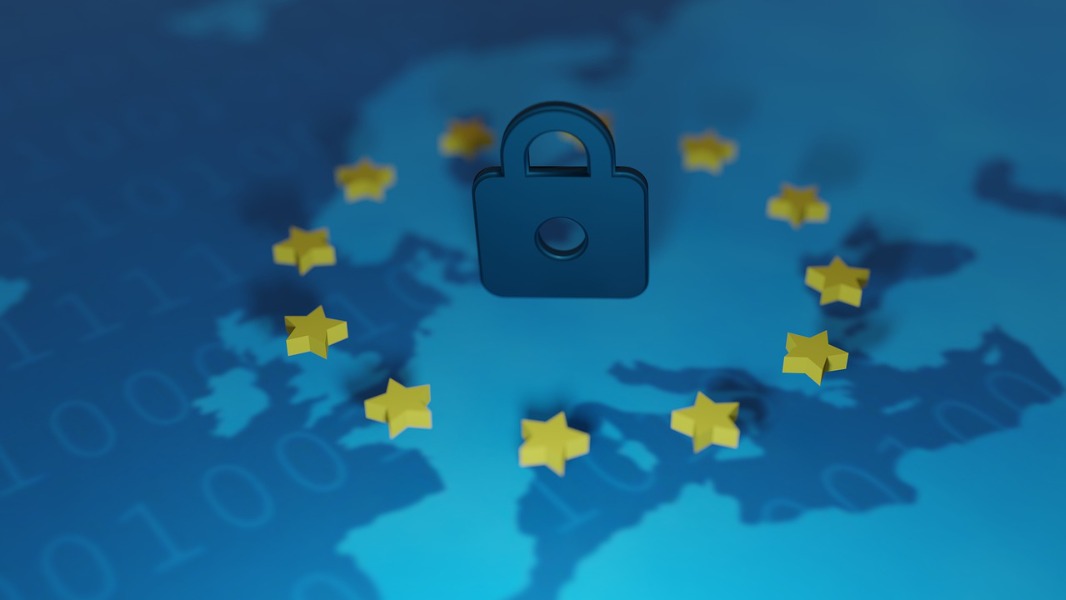The Apple v. FBI Respite Was Non-Existent
Two days ago, Ben predicted that the respite from the Apple v. FBI fight would not be long. He was right. The FBI has now annouced that it will help the Arkansas police unlock an iPhone in an unrelated case. That's about as "in your face" as it gets. From this I draw three quick conclusions:
Published by The Lawfare Institute
in Cooperation With

Two days ago, Ben predicted that the respite from the Apple v. FBI fight would not be long. He was right. The FBI has now annouced that it will help the Arkansas police unlock an iPhone in an unrelated case. That's about as "in your face" as it gets. From this I draw three quick conclusions:
- Those who said that the FBI was making up the existince of an exploit as a face saving way of getting out from the California case were wrong.
- Those who thought that one reason that the vulnerability equities process might not be in play was because the FBI might not "control" the exploit were likely wrong -- they have either purchased it from whoever provided it or contracted for its long-term use; and
- OR, it is possible that the FBI has found/purchased/rented more than one exploit.
One note: From the public report it is not clear which version of the iPhone is at issue. If it is the same 5c as in the San Berandino case then this story confirms what we've known already -- that whatever exploit it is, is reproducible, at least when law enforcement has physical possession of the phone. Consider the implications, however, if this phone is a later version running a more-up-to-date iOS.





